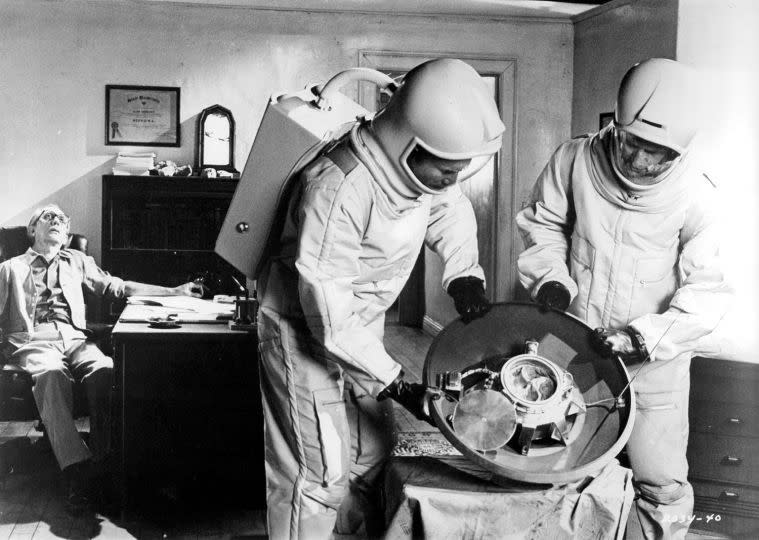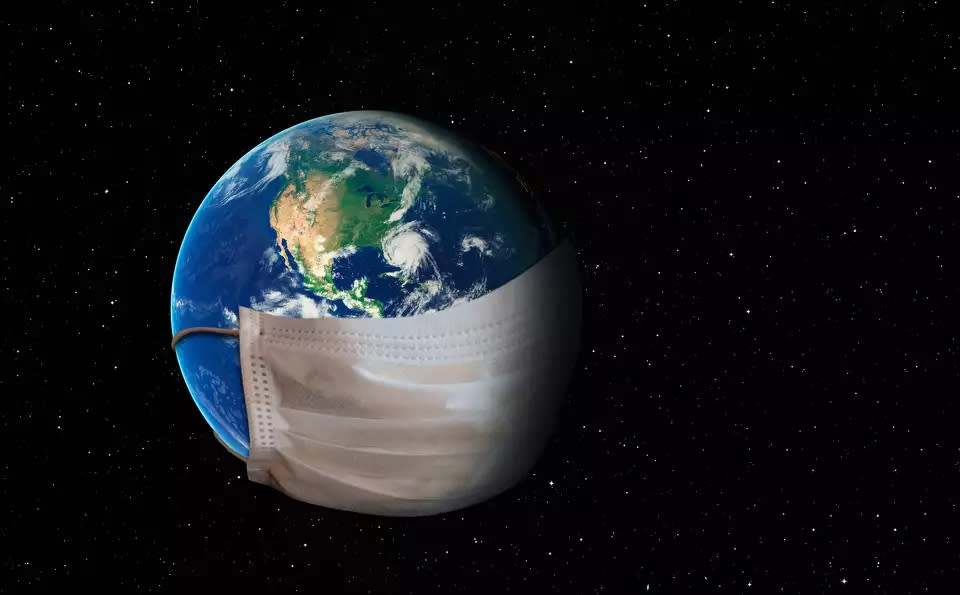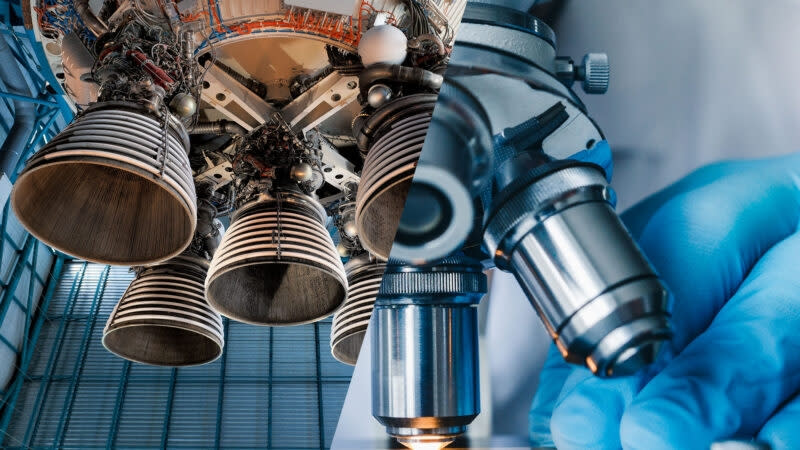
NASA is about to supply its response to that hard-hitting report issued final September by the Mars Pattern Return Unbiased Overview Board, together with the rolling out of subsequent steps for this system.
On Monday (April 15), NASA shared the company’s suggestions relating to a path ahead for the expensive Mars Pattern Return initiative, however inside a balanced general science program. Certainly, such an enterprise has lengthy been a significant objective of worldwide planetary exploration for the previous twenty years.
The hunt to carry samples again to Earth from Mars has been met with controversy in some quarters because the menace that ecologically-hungry Martian microbes would possibly pose to our biosphere continues to be a subject of concern.
Associated: NASA’s Mars pattern return plan is getting a significant overhaul: ‘The underside line is $11 billion is simply too costly’
House bugs

The Houston Chronicle printed an opinion piece on April 11 titled “Is the U.S. prepared for extraterrestrials? Not in the event that they’re microbes. Methods to defend Earth from area bugs.”
Below the rubric of the Bipartisan Fee on Biodefense, former Democratic Congresswoman Donna Shalala and Susan Brooks, a former U.S. Lawyer and Republican Congresswoman. Collectively they serve on the Bipartisan Fee on Biodefense.
Donna Shalala served as Secretary for Well being and Human Providers within the Clinton Administration. Brooks served components of Indiana.
The Bipartisan Fee on Biodefense is a privately funded entity established in 2014, set as much as consider the standing of U.S. biodefense efforts and points suggestions to supply significant change.
Unexpected risks




“House exploration offers a number of the biggest challenges and alternatives of our time. However as we enterprise additional into the unknown, we additionally expose ourselves to new and beforehand unexpected risks,” Shalala and Brooks wrote within the op-ed.
Whereas many debate the potential of superior, clever life elsewhere, few contemplate the chance of non-intelligent alien microorganisms. These life varieties might exist on different planets or moons, hitchhike on spacecraft, or transfer by means of the universe within the asteroids they inhabit.
They may be Earth microbes that mutate or evolve in response to the stress of spaceflight, changing into extra virulent, resistant, or invasive. Both would significantly threaten the general public well being, security, and safety of people, animals, and vegetation working in area or dwelling on Earth,” they famous.
Labeling it “Astrobiodefense,” as they time period it, is an expression anchored within the protection in opposition to organic threats in area and on Earth that consequence from area exploration.
Neither hypothetical nor fictional




There are two objectives, Shalala and Brooks level out: to stop the contamination of extraterrestrial environments with Earth organisms; and to stop extraterrestrial or mutated terrestrial microbes from harming Earth’s inhabitants.
“As fantastical as it could sound, astrobiodefense is neither hypothetical nor fictional,” they observe, calling for pressing consideration and motion.
“For the US, NASA has already began applications to stop ahead and backward contamination, make sure the well being and security of astronauts, and establish and management organic hazards. The FAA [Federal Aviation Administration] can also be liable for monitoring the payloads of economic spaceflight and the way they may have an effect on public well being.”
However now, they write, given extra missions into area, the potential risks are mounting.
Wished: coordination and collaboration
“Current missions, for instance, introduced specimens again from asteroid Bennu and aimed to drop human stays on the moon. We have to do extra and shortly,” they add.
Shalala and Brooks state that the U.S. must put money into analysis and improvement of latest applied sciences and medical countermeasures to detect, diagnose, deal with, and forestall ailments in area and on Earth.
Moreover, there may be want to boost our bio-surveillance and symptom monitoring to trace and analyze space-related organic threats in actual time.
“We have to strengthen our coordination and collaboration between companies and companions, each nationally and internationally,” they proceed, “to share data and sources with out compromising the sorts of competitors that end in scientific advances and financial beneficial properties.”
Perils of the unknown
Moreover, they observe, there may be want for greater than modest, and fluctuating, budgets, a wing, and a prayer. “Extra policymakers and decision-makers in Washington want to know the significance and advantages of astrobiodefense specifically and the area program on the whole.”
In closing, Brooks and Shalala state in our pursuit of promise, “we’ve got an obligation to guard ourselves and our planet from the perils of the unknown, and to protect and respect the integrity and variety of life within the universe.”
By investing in and strengthening astrobiodefense, they conclude, “we will be certain that our quest for discovery doesn’t jeopardize our safety and survival. Let’s get forward of this downside, earlier than we’re ‘go’ to launch.”
For extra data, go to the Bipartisan Fee on Biodefense web site or learn the op-ed in its entirety.